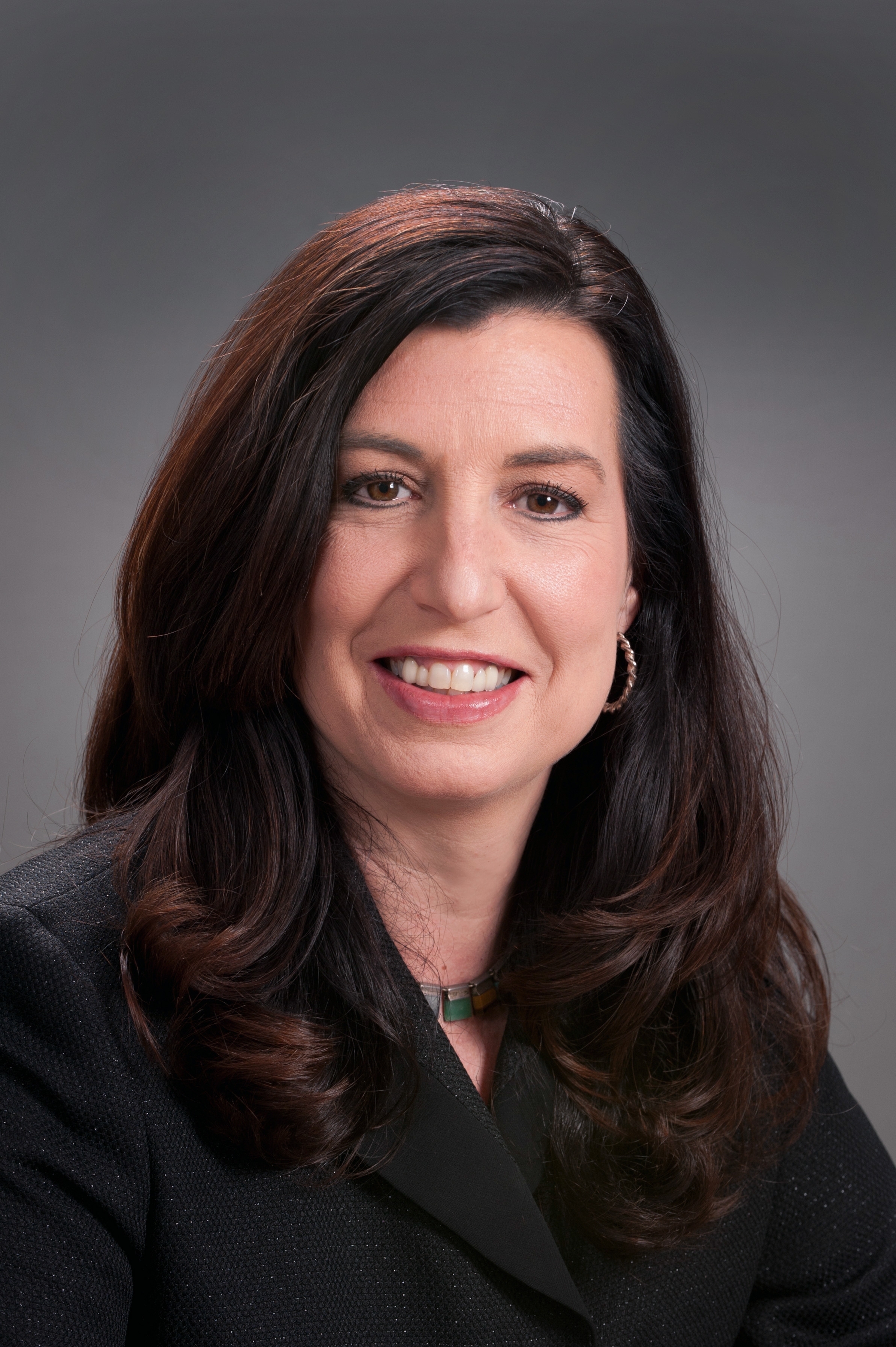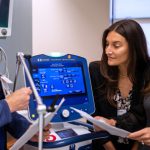The Patient and Family Centered Care (PFCC) Innovation Center of UPMC will be on display at four prestigious, national conferences over the course of the next few months, beginning with the World Congress Patient Engagement Summit in Boston next Monday and Tuesday. I am honored to be joining speakers in Boston from the Harvard University Medical School, the University of Chicago, the American Medical Association, Intermountain Healthcare, and Boston Children’s Hospital.
These speaking invitations, which we have received at a steady pace since the PFCC Methodology and Practice was first implemented in 2006, are a testimonial to the groundbreaking process that we utilize in dozens of clinical areas across the UPMC system. As the executive director, I am fortunate to receive the opportunity to speak about our PFCC successes at UPMC, and how it’s spreading nationally and globally. The same goes for Tony DiGioia, M.D., Medical Director of both the Bone and Joint Center at Magee-Womens Hospital of UPMC and the PFCC Innovation Center, and the founder of the Patient and Family Centered Care Methodology and Practice. Several other colleagues from the PFCC Innovation Center often lecture elsewhere, too.
It’s our pleasure to share our story of experience-based design at non-healthcare meetings as well — such as the ninth annual Delight Conference in Portland, Ore., where a Mayo Clinic representative was the sole healthcare speaker last year. (Other speakers this October are set to include people from Google, Facebook, Zappos.com and National Public Radio).
Our path to engaging patients and families as full partners in redesigning care delivery is being studied and followed by healthcare providers and organizations across the United States and abroad. We’re happy to show them our approach, which works in any healthcare setting – inpatient, outpatient, pre- and post-hospital services (and even across the continuum of care).
The PFCC Methodology and Practice, as I’ll share in Boston and other meetings, is simple to learn and implement – yet is based on the theories and concepts of experts in many fields. It doesn’t take months or years of training, or costly materials. Implementing it not only improves the experience of care, it also positively impacts clinical and operational outcomes while decreasing cost, as demonstrated in numerous peer-reviewed publications.
We’ve found that there are three critical components that serve as the foundation and make it unique and replicable anywhere:
- Viewing each segment of the care experience through the eyes of the patients and their families.
- Joining the patient and family on their journey – we shadow (or observe them in real-time each step along the way), we listen, we respond. Shadowing is a powerful technique that provides an emotional connection, insight, and creates an urgency to drive change. Shadowing identifies opportunities to close the gap between the current and ideal state of every segment of the healthcare continuum – vital not just for the patients and families but for healthcare providers (or care givers as we refer to anyone who touches or impacts the patient and family experience), as well.
- Keeping it simple, replicable and sustainable — to break down the silos and hurdles that are ubiquitous in healthcare.
Sustainability is achieved because we continue to re-shadow, periodically, over time. We never stop observing, listening, and responding to changing needs and environments.
There is so much more to our approach – and my Boston lecture – including experience mapping, grassroots and front-line collaboration on PFCC projects, and more. We are looking forward to continuing to spread the word, as every conference attendee can take the PFCC Methodology and Practice back to their healthcare organization and adopt it.
Healthcare reform is linked to patient-centered care. So it becomes more necessary as well as possibly more difficult (in these times of scarce resources) to achieve meaningful patient- and family-centered care throughout the healthcare continuum. We are very pleased to be invited to tell our colleagues about the PFCC Methodology and Practice and the role it can play in transforming care delivery.










